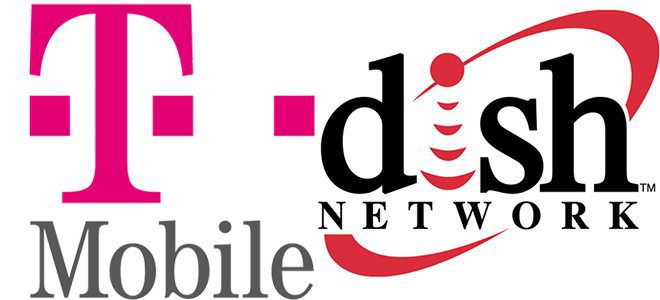Shares of Dish Network have tumbled by 3.9% since it was reported last week that the Federal Communications Commission may reject a portion of the spectrum discounts received by two of its backed companies and that its pending merger with T-Mobile US has stalled.
Dish is working with T-Mobile US parent Deutsche Telekom to try to make the deal work, but apparently the parties have concerns about the structure and valuation of the deal, according to Bloomberg.
The satellite TV company’s stock dropped from a close of $69.05 on July 15 to $66.39 on July 20 in the wake of both reports. Shares have traded between $56.17 and $80.75 in the past year.
SNR Wireless and NorthStar Wireless each applied for a 25% small business discount on spectrum, or airwaves, when the government held its recent spectrum action. According to The Wall Street Journal, the FCC may oppose $3.3 billion in small business discounts the companies received in the $13.3 billion winning spectrum bids awarded to them. The FCC questions the companies’ eligibility to receive small business discounts considering they are both backed by Dish Networks.
Dish is expected to appeal the FCC decision in federal court, analysts said, if the reports are accurate. If it does not win, it will be a major setback for Dish, which has compiled a strong portfolio of wireless spectrums over the last few years.
In regard to the pending merger with T-Mobile US, Bloomberg reported that Deutsche Telekom has told Dish what kind of offer it wants and that so far Dish hasn’t met that demand. There is speculation that other buyers – such as Comcast and Sprint – could decide to make a bid for T-Mobile US.
“Is there some interest? Yes,” John Legere, T-Mobile’s CEO said on Bloomberg Television. “Is it one of a bunch of things that make huge sense in addition to this aggressive standalone plan that we have, gaining spectrum, or looking at other alternatives? Yeah.”
The news of the FCC’s potential rejection should not come as a surprise.
In March, RCR Wireless News reported that critics charged that Dish was able to gobble up more than its fair share of spectrum at the expense of smaller carriers that had the deck stacked against them.
FCC Chairman Tom Wheeler, during a March 18 Senate Commerce Committee hearing, said: “I am against slick lawyers coming in and taking advantage of a program that was designed for a specific audience and a specific purpose.”
He continued: “We are going to fix this. These are rules that have been in place since the Bush administration. We are going to issue a new public notice on this to make sure that this specific issue is teed up. And we are going to make sure that this, that designated entities, have the opportunity to participate and not to have designated entities as beards for people who shouldn’t.”
FCC Commissioner Anit Pai, often a critic of Wheeler, called the entire situation a “rip off,” calling this type of small business legislation “a playpen for corporate giants.”

